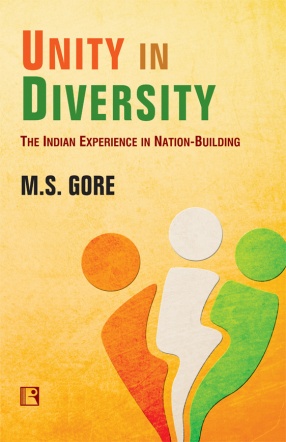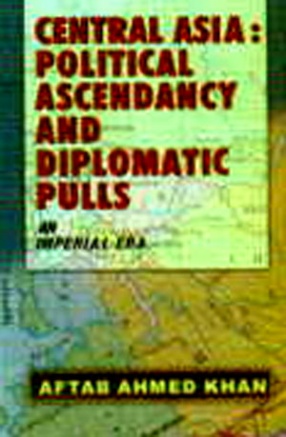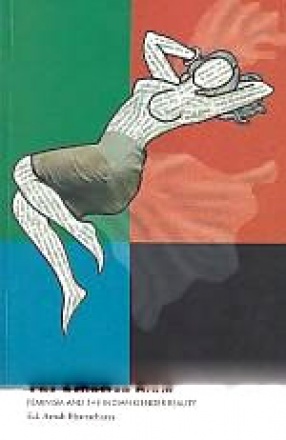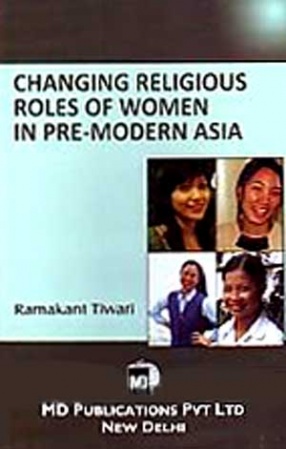The present anthology is written over a period of twenty-five years in sociological perspective of Indian education. The book is divided into four parts. Part one, which is titled as "Education and Society" includes four papers, namely, education and modernization; liberalism, education and social change; education and the equality of opportunity; and relevance, equality and creativity in education. Part two entitled "Education and social goals" contains three papers, viz., social goals and the social content of education; education and the inculcation of values; and education and women’s equality. Part three on "Structure and process in higher education" consists of three papers, namely, universities and the government; the crisis in university education; and obstacles to creativity in higher education. The last part–"Sociology of education"–includes five papers, viz., the scope of a sociology of education; sociology and educational research; educational research for development; decision-making; and teaching. The book will interest sociologists, educationists, administrators and policy makers.
ABOUT THE AUTHOR M.S. Gore
M.S. Gore was born in Hubli, Karnataka on 15 August 1921. He had his school education in Hubli and his collegiate education in colleges affiliated to the Bombay University in Dharwar, Pune, and Sangli. He graduated with English Honours in the year 1942. Thereafter he studied at the Tata Institute of Social Sciences and obtained his post-graduate diploma in social Service Administration in 1945. He was the recipient of Sir Dorabji Tata Research Fellow, and later obtained his Master’s Degree in sociology from Bombay University in 1948. In 1951-53 he studied sociology in the Columbia University (USA) and obtained his Doctoral Degree from there in 1961. He also worked as a Senior Lecturer at the Delhi School of Social Work from 1948 to 1951. He served as an Officiating Principal during 1953-54, and as Principal from 1954 to 1962, when he joined the Tata Institute of Social Sciences as Director and served the Institute in that capacity until his retirement in 1982. From 1983 to 1986 he was Vice-Chancellor of the University of Bombay. He was Visiting Lecturer at the Beloit College and at the Department of Sociology at the Wisconsin University in the United States in 1960-61. He is currently Chancellor of the Jawaharlal Nehru University, New Delhi. As a social scientist his major areas of interest have been social work and sociology. His main research has been in the fields of social work, community development, social movements and the sociology of ageing. His recent book on Ambedkar’s social and political thought was rated as the best book on sociology published in 1993 and he was honoured with Ghurye Award for this. He has written several papers and authored and co-authored a number of books among which Social Work and Social Work Education; Urbanization and Family Change; Field Studies in the Sociology of Education; Social Aspects of Development; and the Social Context of an Ideology are widely known. He has worked in several voluntary and governmental bodies and committees. He was Chairman of the Advisory Committee of Aftercare Programmes of the Central Social Welfare Board (1995), Chairman of the Indian Council of Social Science Research (1971-77), Chairman of the Police Training Committee appointed by the Government of India (1973-75) and a member of the National Police Commission (1977-79). He was given a special award by the Indian Council of Social Welfare for outstanding contribution to social work. He has also been a recipient of the Padma Bhushan award in 1975. He was recipient of the Senior Award by the Homi Bhabha Fellowships Council in 1982 and the National Fellowship of the Indian Council of Social Science Research during 1990-92.







There are no reviews yet.